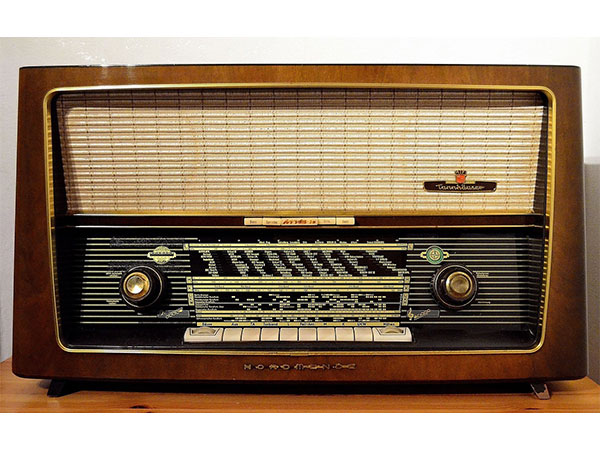TRAI Initiates Consultation for Digital Radio Policy
The Telecom Regulatory Authority of India (TRAI) has released a Consultation Paper to develop a digital radio broadcast policy for private broadcasters. This move aims to transition from analogue to digital systems, offering enhanced audio quality and more channels. Stakeholder feedback is being sought for comprehensive policy formulation.

- Country:
- India
The Telecom Regulatory Authority of India (TRAI) has released a Consultation Paper on digital radio broadcasting titled 'Formulating a Digital Radio Broadcast Policy for Private Radio Broadcasters'. Currently, India's radio broadcasting operates through analogue terrestrial systems utilizing Medium Wave (MW), Short Wave (SW), and the VHF-II spectrum bands.
Known as the FM band, the VHF-II band functions within the 88-108 MHz range using Frequency Modulation (FM) technology. While All India Radio (AIR) broadcasts across MW, SW, and FM bands, private broadcasters are restricted to the FM band.
Digital radio can broadcast multiple channels on a single-frequency carrier, significantly enhancing audio quality. This offers private radio broadcasters new business opportunities and listeners a superior experience compared to analogue systems, which allow only one channel per frequency.
AIR has already digitized its MW and SW broadcast networks, replacing 38 analogue transmitters with digital ones, and tested digital radio technologies in the FM band. However, private FM broadcasters have yet to begin digitisation efforts.
In 2018, TRAI acknowledged the need for a coordinated effort to build a comprehensive digital radio broadcasting ecosystem, recommending collaboration among radio broadcasters, transmission equipment, and digital radio receiver manufacturers. TRAI also urged the government to establish a detailed policy framework with a timeline for digital radio rollout.
On April 23, the Ministry of Information and Broadcasting (MIB) requested TRAI's recommendations for a digital radio broadcast policy specifically targeting private radio broadcasters, noting that existing FM Phase-III policy provisions may require updates to align with technological advancements.
TRAI's consultation process aims to gather stakeholder feedback on formulating an effective digital radio broadcast policy. (ANI)
(With inputs from agencies.)










